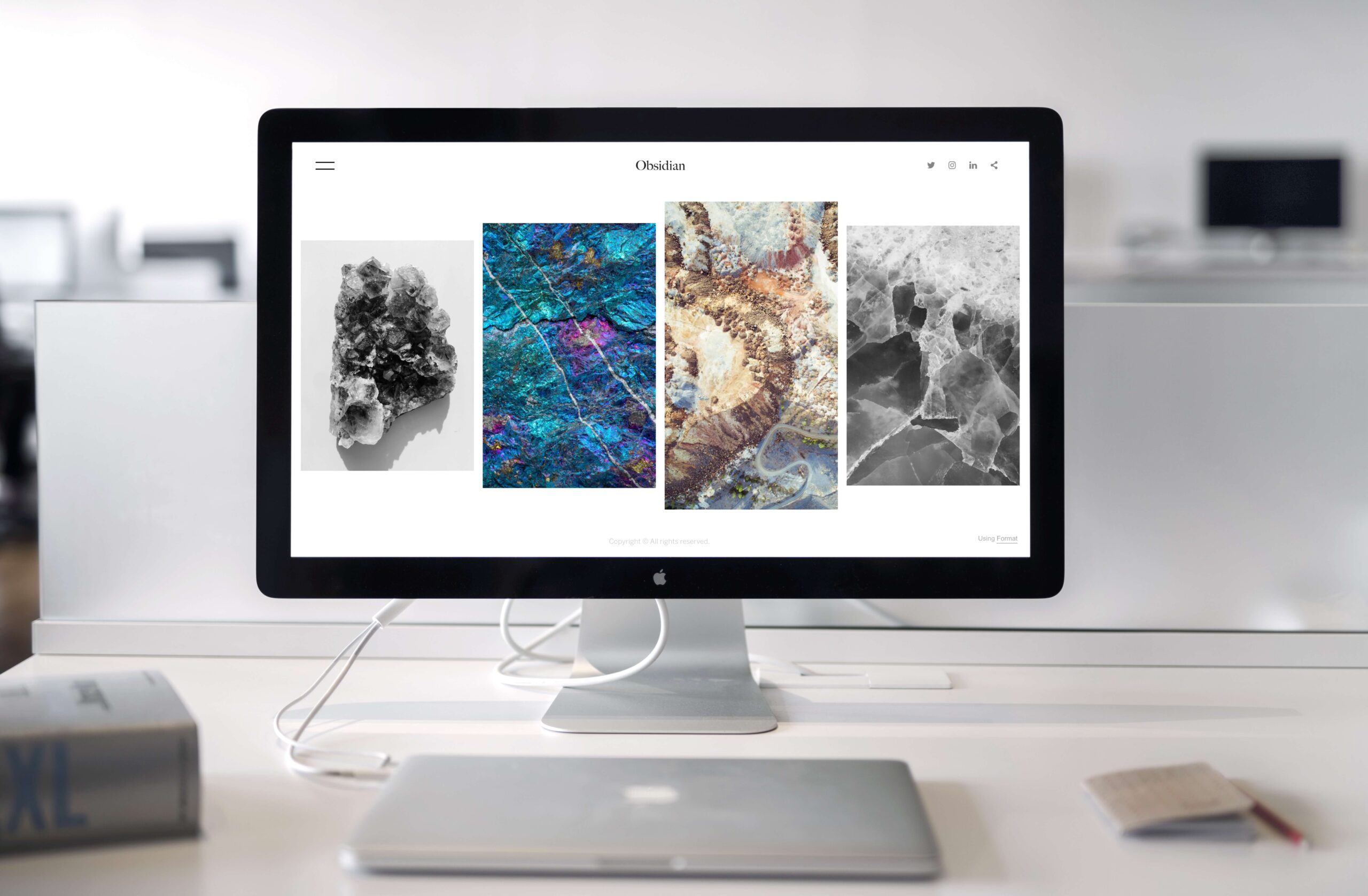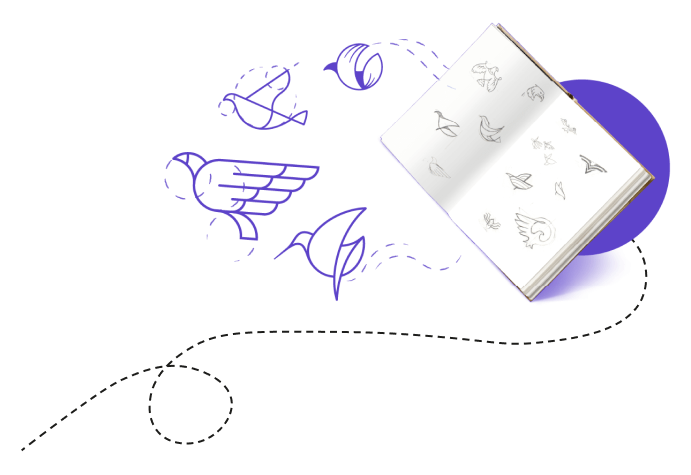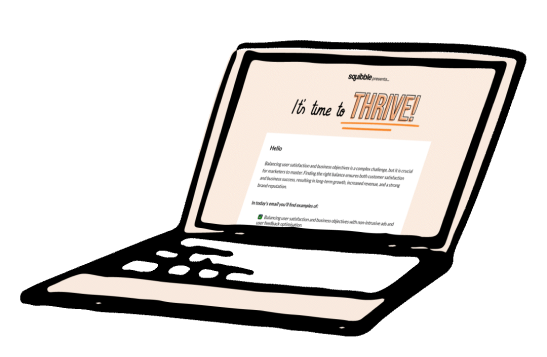Is a website necessary for a business that is only just starting out? Before you begin to make sales and generate a large amount of business, is there any point in spending money on a website? Will anyone find your site? In this blog post, I hope to answer this question and explain why a website is one of your initial business musts!
Can you start a business without a website?
You can certainly build a business without a website; however, you would have to consider investing in more traditional forms of advertising to help potential customers find you.
Traditional forms of advertising include radio, TV, billboards, leaflets and offline PR. However, websites act as trust signals, so you could find your efforts and money wasted if you don’t invest in one. Additionally, there are ways of measuring the return on investment of building and maintaining a website that you just can’t ascertain through traditional marketing methods.
To reach as many potential customers as possible, you want to have multiple touchpoints available; a website is an excellent touchpoint helping you communicate quickly and efficiently with your target audience.
Why do businesses need a website?
There are multiple reasons why a small business should set up a website as soon as possible, including:
-
To establish a presence
Today over 80% of the UK are online. Therefore a website opens your business up to a much wider audience! The more people you can tell about your business, the more potential you will attract customers and make sales.
Most potential customers will search you out online before making a purchase. Giving them all the information they need in a simple, smart way will increase the likelihood that they will buy from you.
Remember: Your site must be professional looking. A confusing, untidy or outdated site will turn countless people away. On the other hand, a smart, sleek, simple website should automatically send a positive image out about your company and boost your business.
-
An easy method of advertising
Your website will present your services and products however you wish them to be showcased. You can add images, descriptions, videos and any other information you want.
Remember: With a well-designed site, your small business can project the image of a much larger company. You can compete with your market, and no one will know how small or new you are as long as you work well and exert professionalism.
-
Boosting your audience
Once you have a presence online, you can boost your customer base. You can send out email campaigns that link to your site, write engaging blog posts and share them on social media, link your website to review sites, carry out online PR campaigns and make use of Google or Bing ads. A website is a central point for all your customers to reach and opens up a world of advertising options.
Idea: Try writing blog posts about your company, new products, employees etc. to make the customer feel like they know you. This will showcase that you know your market and will deliver a professional service.
-
Staying ahead of the competition
64% of small business owners invest in a website; if this is the case with your competitors, then building, running and maintaining your website is a fantastic way to dominate your market.
How do I create a website for my small business?
Have we convinced you? Deciding to take the plunge and invest in a website is only the beginning. Next, you need to decide what type of website will best serve your requirements and promise the best user experience.
Type of websites
- Service websites – if you don’t’ sell a product, then a service website may be the right fit for you. These websites can be anything you want them to be, so there is a lot of flexibility.
- eCommerce websites – If you sell products like clothing, you will want to invest in an eCommerce website. This will enable you to categorise your products and include helpful information like costs and descriptions, videos and images. You can also track sales and revenue through these sites.
- Portfolio websites – Perfect for photographers or graphic designers, for example. These websites focus on visuals rather than text content and allow users to request quotes or book your services.
Should you build your own website or pay someone?
Once you have ascertained the type of website you need, the next consideration is who will build the website. It may seem cost-effective to do it yourself, especially if you feel dubious about whether or not a website is worth it yet. However, websites can be temperamental, and the last thing you want to do is build something that doesn’t fulfil its purpose or has a lot of bugs that means you have to pay someone to take over.
Additionally, the platform you choose for your website will impact things like optimisation and who can work on it should you invest in website management down the line.
The saying ‘if you are going to do something, then do it well’ is especially true with something as important as a business website. A website designer will take your vision and turn it into something that works for you and your audience. It is worth investigating potential designers and what they can offer before you reach a decision.
What to do after your website has been built
Creating a website for your small business will go a long way to building trust and a relationship with your audience as well as increasing sale potential; however, you shouldn’t ignore all other marketing methods such as:
- SEO optimisation
- Website maintenance
- PPC
- Social media advertising
- Radio and TV
- Leaflets and billboards
- Online and offline PR
While you may not be able to invest in all of these straight away, they are worth keeping in mind as your business becomes more successful.






